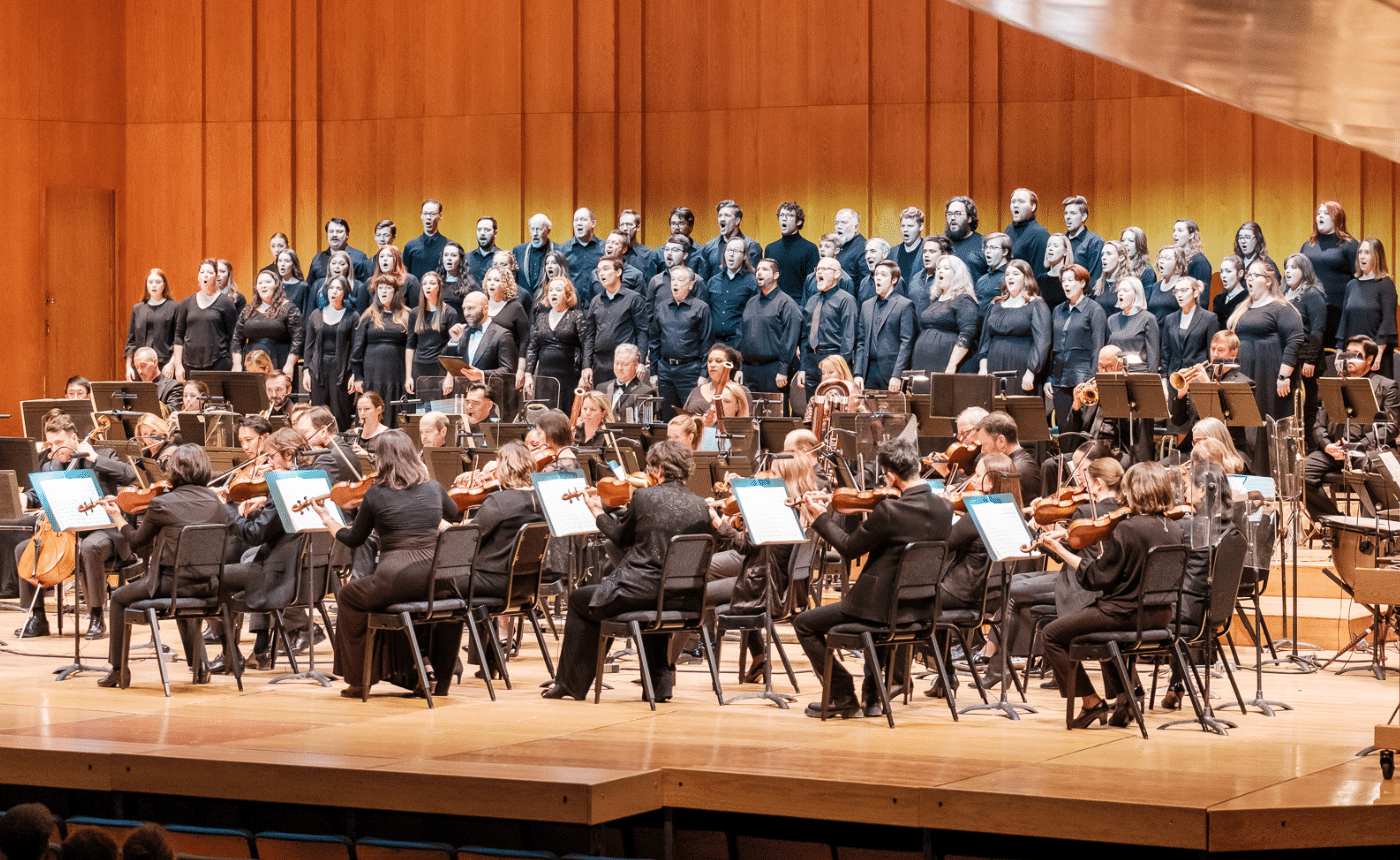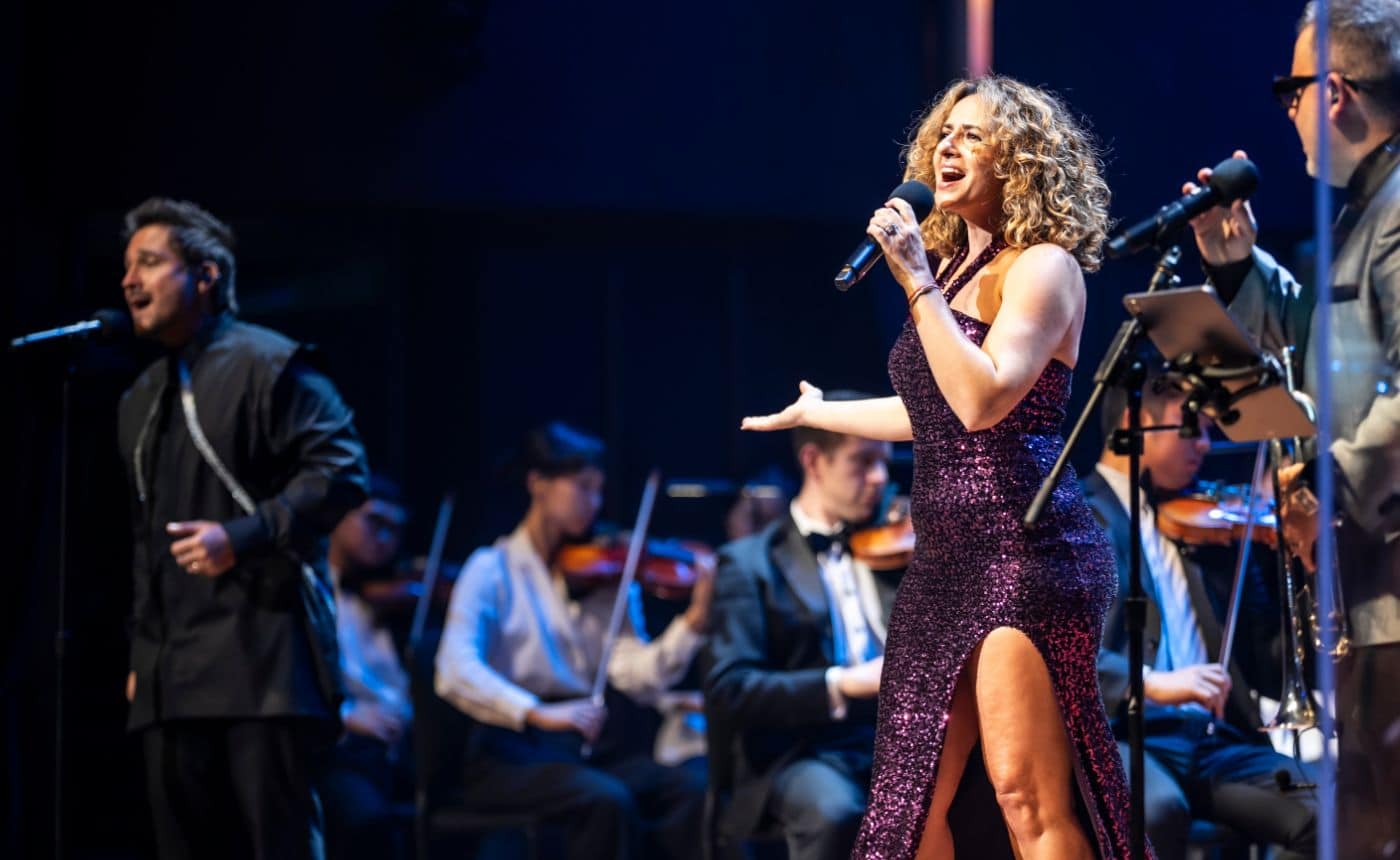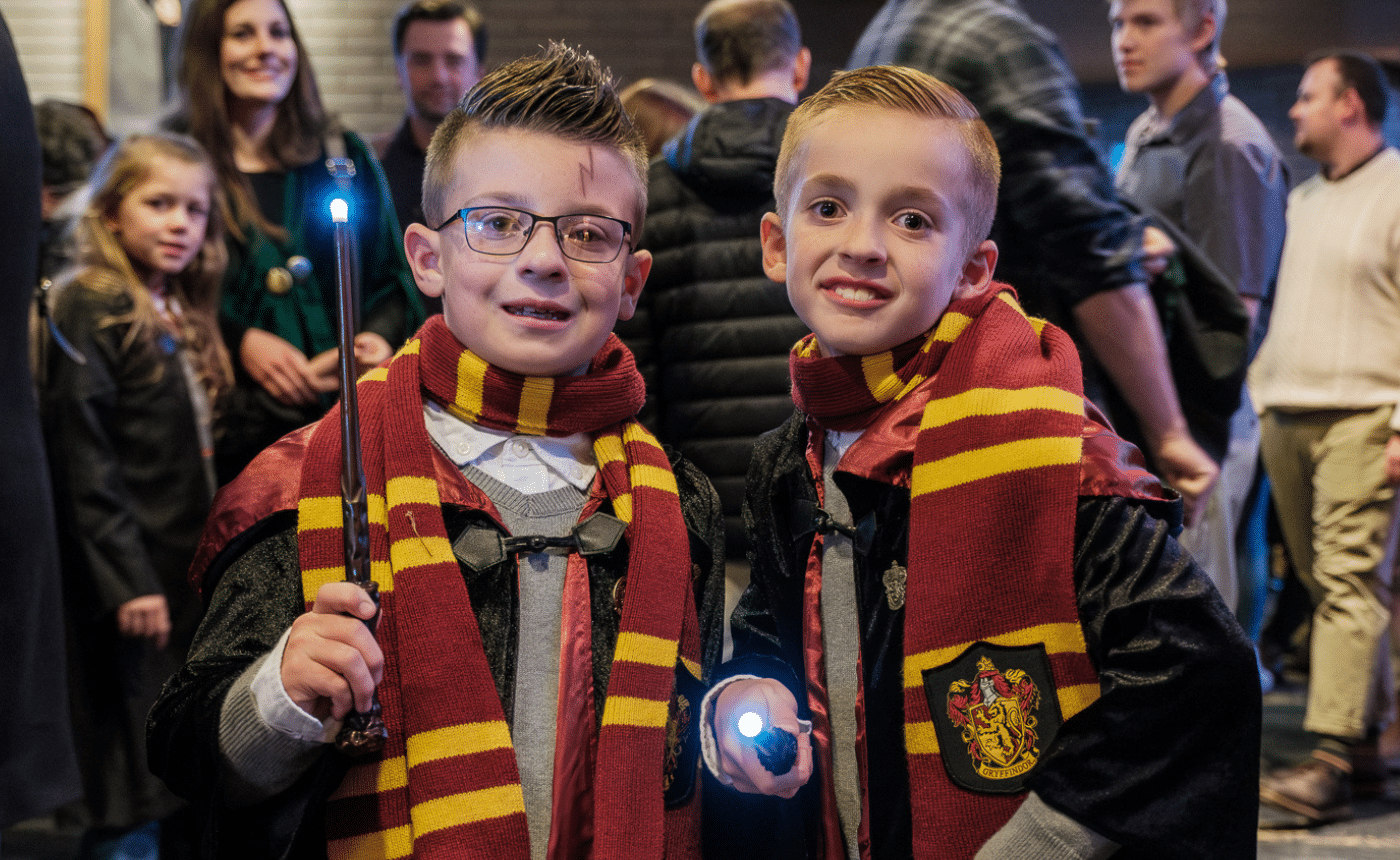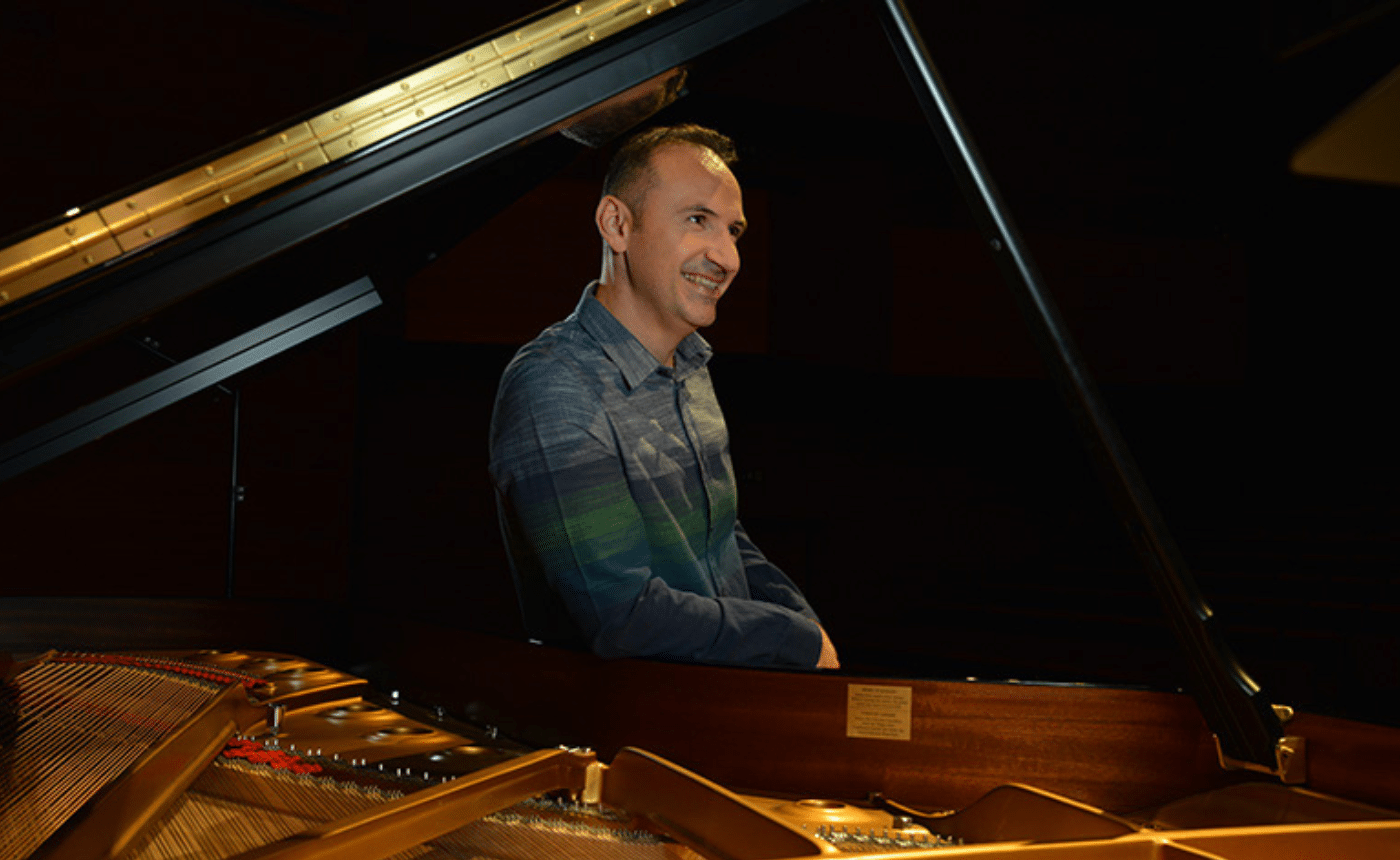Q&A with Orli Shaham and David Robertson
Q: How do you balance the conductor-pianist dynamic with your personal relationship?
David: “Our relationship actually started as a musical one. The first time we met was in a green room, prepping for rehearsal. Ever since, we’ve managed to blend music and family, though coordinating travel with kids adds a unique challenge.”
Orli: “Yes, it’s definitely a lot of schedule juggling. We’ve been raising a family now for over 20 years, so there’s always something going on. We prioritize being home for the kids, and traveling together is something we save for special occasions, like this performance.
Q: How do you communicate on stage, especially since you know each other so well?
David: “We’ve developed a shorthand. When one of us does something special, there’s often a quick, knowing look of appreciation. Truly, after years of playing together—and even watching each other work with other artists—we can anticipate each other’s choices.”
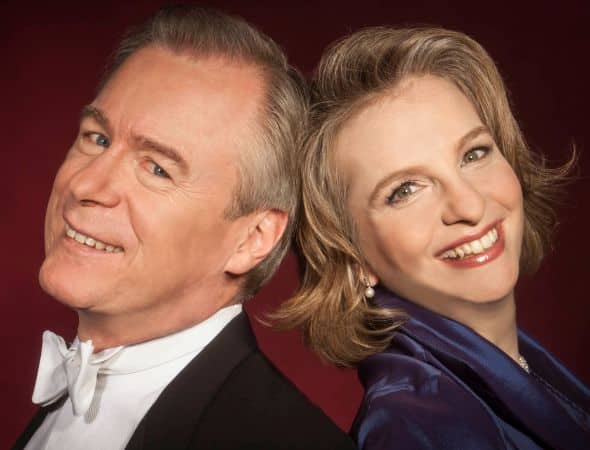
Q: What are you most looking forward to in your upcoming performance together?
David: “I’m especially excited to be on stage with Orli in Salt Lake City this time. Last time, I saw her poster everywhere but had to leave before she arrived to perform with another conductor. This time, it’s our concert together!”
Orli: “And performing this particular concerto together will be special—we’ve actually recorded it before. There’s something really fulfilling about revisiting a piece we know and love, especially with an orchestra as responsive as the Utah Symphony.”
Q: Do you each have a favorite movement in this concerto?
Orly: That’s such a hard question! Each movement brings something unique. The first movement is beautifully structured and full of emotion. The third movement feels like a joyful romp to the end—but the second movement has this storytelling quality to it. It’s impossible to choose just one!
David: I’d agree—it’s a piece where every movement stands out. In the second movement, there’s a turn to D minor, which is like Mozart’s “saddest” key. But that sadness is brief and only heightens the joy of the third movement. It’s a piece that’s both human and profound, and ultimately leaves you feeling uplifted.








